Fame
What is the end of Fame? 't is but to fill
A certain portion of uncertain paper:
Some liken it to climbing up a hill,
Whose summit, like all hills, is lost in vapour;
For this men write, speak, preach, and heroes kill,
And bards burn what they call their 'midnight taper,'
To have, when the original is dust,
A name, a wretched picture, and worse bust.
What are the hopes of man? Old Egypt's King
Cheops erected the first pyramid
And largest, thinking it was just the thing
To keep his memory whole, and mummy hid;
But somebody or other rummaging,
Burglariously broke his coffin's lid:
Let not a monument give you or me hopes,
Since not a pinch of dust remains of Cheops[47].
***
In the future everyone will be famous for fifteen minutes[48].
Shakespeare refers to fame as a bubble (in the course of a life), Kipling derides men who seek fame (rather than do their work for its own sake) but Graham Greene (and no doubt Byron before him) gets to the reason some seek fame, when he claims that fame is a powerful aphrodisiac. In this respect humans have a lot in common with birds - consider the elaborate courtship displays of birds of paradise, bowerbirds or peacocks.
As I will argue later, everyone in the 'here and now' influences the future just as everyone in the past is responsible for the 'here and now'. It is obvious that you would not exist if any of your grandparents had not existed; and they if any of their grandparents had not. But more than that; you would not exist if the exact sperm of the tens of thousands of possible sperm had not fertilised the ova that became any of these people; if for some reason, any one of your ancestors had not conceived the next in line at the exact time they did.
We now understand (from complexity theory) that events are so intertwined that the smallest change in the past would mean that neither you nor anyone else alive today would be here if there had been the slightest divergence from what happened. I am going to talk about this in more detail later.
Because of their influence on past generations and world events, it is easy to see that you and I would not be here if Hitler, Napoleon, Stalin, or Churchill had not existed. But our grandparents (or people around them) attending a play or movie or reading a book or going to a dance or church or having an argument may well have been just as important. By influencing the instant they conceived the next generation (had sex) Frank Sinatra, Bing Crosby or Ernest Hemingway may well be equally important. Anyone who is famous affects the present but their fame arose in the past and represents the influence of the past.
One function of fame then is to be a commonly accepted representative of the past. But it is worth remembering that the actual agents of change (people and other living things, going about the business of living) were not necessarily famous at all.
How do people become famous? There are obviously many ways. Like greatness, one can be born with fame, seek it or have fame thrust upon one.
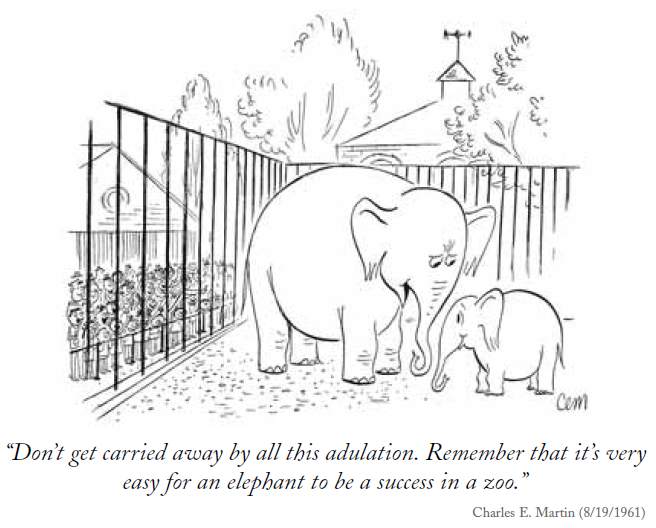
You can be the child of famous parents, inherit social position like Prince Charles or be chosen by some other process like the Dalai Lama. You can have wealth that allows you to buy fame. But many gain fame by taking advantage of events initially outside of their direct control.
Hitler, Stalin or Napoleon could well have become no more than an opinionated drunk at the end of the bar, or a general annoyance to their friends, if it was not for others who shared their beliefs or were persuaded by their arguments. In each case events outside of their control thrust them forward.
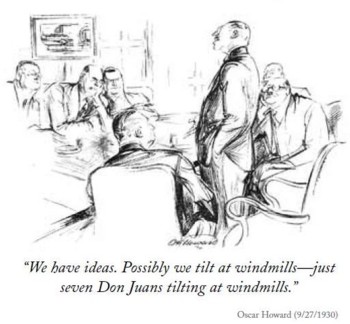
Hitler seemed funny in 1930
So, one way of becoming famous is to become (sometimes accidentally) the leader of a group of people with similar ideas (or gang). Karl Marx was an interesting example: he spent a good deal of his life as an eccentric scribbler in the reading room of the British Museum. He never led a gang; but several gangs took up his ideas.
I learnt early in life that gangs are dangerous. When I was about eight the son of the local postman was the leader of a gang. I was an outsider because I came from England; something the gang leader would not let me forget. So I thought it would be a good idea to join up. The initiation was to climb up the outside of the footbridge over the railway at Thornleigh (very dangerous) but I wanted to be in the gang and wouldn't back down. I was good at climbing and passed the test without being hurt.
Once in, I was included in a raid on the local Newsagent to steal several large blocks of chocolate and some cigarettes, which were consumed in the bushes beside the railway tracks.
But I quickly realised that I was the only member who had had to climb the bridge; and that these were no more than common thieves. There was also the matter of a valuable stamp stolen by one of these boys from my good friend Colin who lived next door.
I promptly left the gang and the members became my mortal enemies for a time. This involved being stoned and chased with sticks. I have been very cautious about gangs ever since.
Fortunately I had an avenging angel; one Mona Camus; who came from the Holy Lands (or thereabout - Algeria) to smite the infamous gang leader with a cricket ball to the head; thus reducing him to a slobbering idiot (for all time?) and evaporating his following. This taught me several more lessons including: cricket is a dangerous game, boys from the exotic lands can be good friends and; no one can become a gang leader, despot, tyrant or demagogue without the help of others; some of whom will do anything to belong; to lurk in the shadow of the leader.
So if you ever find yourself with lots of others shouting the same slogan; trying to drown out the voices of others, take a step back and ask: have I joined a gang; why am I here; am I on the side of reason and good; is there someone I admire leading us; am I playing to someone else's tune; and who is really running this?
Some think fame is a goal in life. At the funeral of my Uncle Jim I was taken aback during his eulogy with a comment that he was not famous. The implicit suggestion was that this was in some way regrettable. We sometimes confuse respect, value and praiseworthiness with fame. Everyone seeks respect and praise from those that count. But this is worthless if it is just the uninformed adulation of those who don't know us or whose opinion we don't value. Fame is often so.
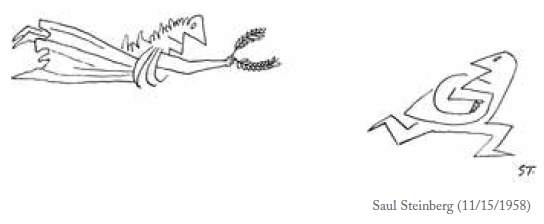
I remember my Uncle as a witty and urbane man who rose to a very senior position in business. He was very well known and respected in the electrical power industry. He was dedicated to his children. They lived comfortably in a good suburb and occasionally travelled overseas. Yet, that he had little interest in fame and lived modestly seems to have counted against his life in the minds of some.
If we compare my Uncle's (or my Father's) life with that say of Marilyn Munroe or Lady Diana (the late Princess of Wales), perhaps at one point the most famous persons on earth, we see in contrast (to sad and silly, immature, unstable, self promoting, consorts of dubious lovers), dedicated parents who kept businesses running, who improved technology and added to the world's knowledge and wealth. No doubt my Uncle's celebrant would have much preferred to have been eulogising the 'Princess of Hearts'. Such is fame.
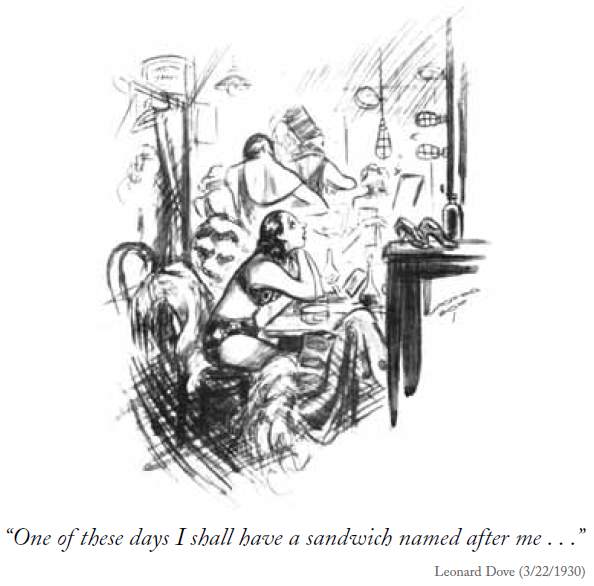
We might echo the ode by John Norton; Sydney larrikin demagogue (the Allan Jones of his day); for Queen Victoria's 73rd birthday:[49]
The Queen has lived for 70 years, for seventy years and three,
And few have lived a flatter life, more useless life than she;
She never did a clever thing nor wrote a clever line,
She never did a noble deed in coming times to shine,
And yet we read and still we read in every magazine
The praises of this woman, who the English call the Queen,
Whom the English call the Queen,
The dull and brainless woman whom the English call 'The Queen'.
This is not to say that every famous person has come to fame by birth or accident. Some have earned fame. But fame has also become a commodity. The star system in Hollywood, the management of pop stars, popular TV and many others set out to manufacture fame in order to sell it. Often the fame makers are themselves far less well known, actively avoiding the fame they create in others. This is because they know that fame has many drawbacks and seldom improves the lives of the famous.
Fame may go together with power. To get preference a famous person may say to a waiter 'don't you know who I am?' This is usually unnecessary; waiters usually know. Fame is now a good (or better) alternative to a title for getting preferred service. But true power is often held by people who try to avoid everyone knowing who they are.
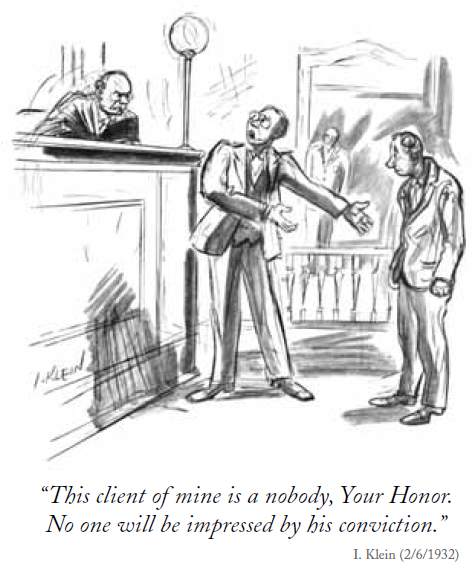
There is a joke in Russia: The Premier is unhappy with the speed his driver is going. The driver says he is not prepared to break the speed limit. The Premier (exasperated) tells the driver to get in the back; he will drive. The car is stopped for speeding but the Cop lets him go. When the Cop gets back to the station the Sergeant tells him that the Premier is not allowed to break the law and should have been booked. The Cop says the Premier didn't worry him; it was the unknown man in the back, who had the Premier as a driver, who scared him.
For every famous person there is at least one equally (or more) powerful person in the background. We should never judge people by their fame but by their achievements.

